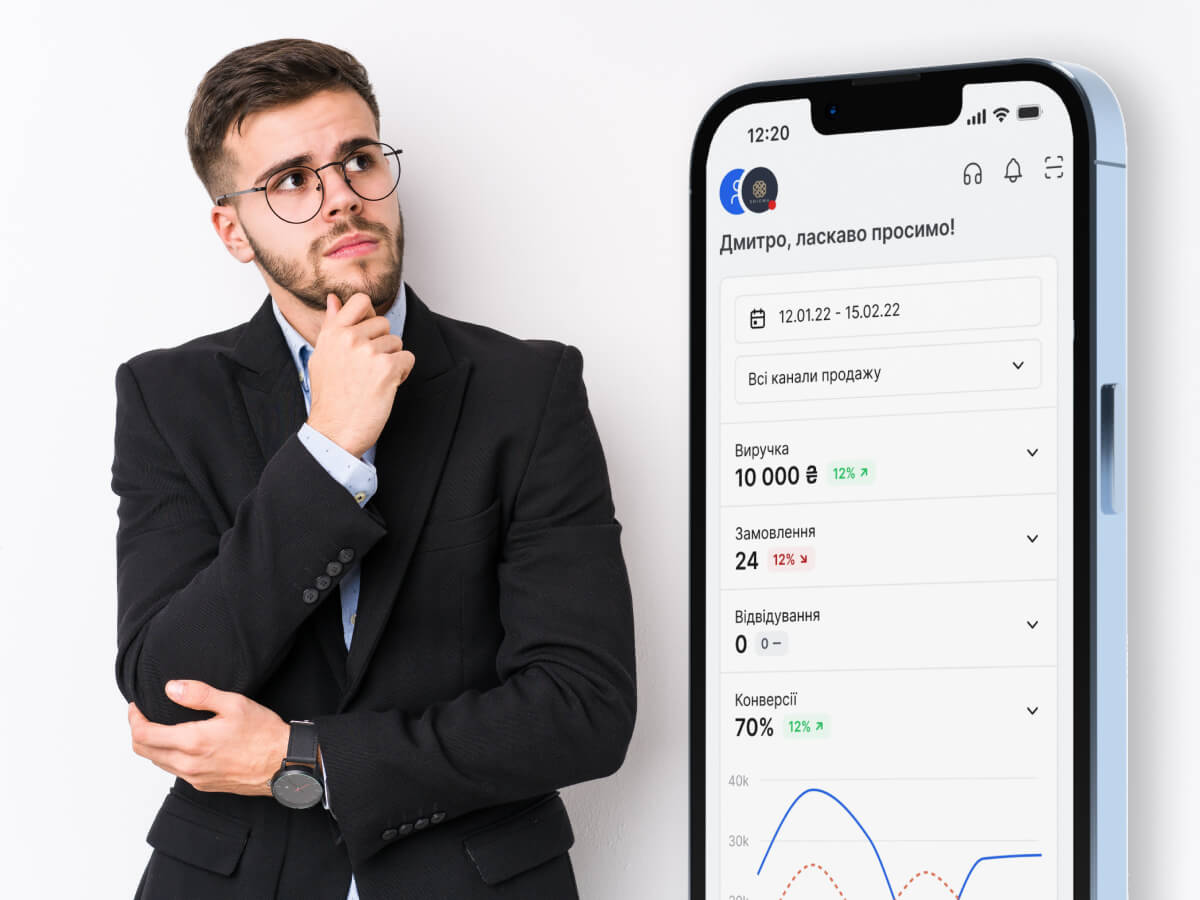Mobile apps have become an integral part of e-commerce, but their development can be costly and complex. According to Forrester, creating a custom app costs between $10,000 and $50,000 and takes 3-6 months. The SaaS (Software as a Service) model solves this problem, making mobile apps accessible to businesses of all sizes. In this article, we’ll explain in detail why SaaS is the best choice for your online store, how it works, what features it offers, how to optimize its use, and what trends to expect in the future.
Why Is SaaS Beneficial?
The SaaS model allows businesses to rent ready-made solutions instead of building from scratch. Here are the key benefits for e-commerce:
- Affordability: A monthly subscription is significantly cheaper than custom development, enabling small businesses to compete with larger players without major investments.
- Automatic Updates: Your app always meets the latest iOS, Android, and technological standards without additional update costs.
- Scalability: SaaS apps easily adapt to business growth, allowing you to add features like multilingual support, AR product previews, or integration with new payment systems.
- Security: Built-in data encryption tools and GDPR compliance ensure customer information protection.
- Technical Support: 24/7 assistance eliminates the need to hire IT specialists.
According to Gartner, by 2027, 80% of companies will use SaaS for mobile solutions, as it saves up to 70% of costs compared to traditional development.
How Does SaaS Work for Mobile Apps?
Our SaaS service offers a library of ready-made app templates that can be customized to your brand in just a few hours. The process is as follows:
- Choose a Template: Select a design tailored to your business type (e.g., clothing, cosmetics, or electronics).
- Customize: Add your logo, brand colors, fonts, and features like catalogs or push notifications.
- Integrate: Sync with your CMS (e.g., Khoroshop or OpenCart) via API for a unified product and order database.
- Launch: Publish the app on Google Play and App Store with automated compatibility checks.
Technical support is included in the subscription, ensuring stable performance and quick bug fixes. You also gain access to analytics tracking metrics like downloads, retention rate, and conversions.
Features Offered by SaaS Apps
SaaS apps include everything needed for e-commerce:
- Product Catalog: Syncs with your CMS for automatic assortment updates.
- Push Notifications: Automated campaigns to re-engage customers, with segmentation options.
- Payment Systems: Integration with Apple Pay, Google Pay, and LiqPay for fast checkouts.
- Analytics: Dashboards to track customer behavior and optimize marketing.
- Offline Mode: Data caching enables product browsing without an internet connection.
These features are configured through a user-friendly interface, requiring no programming knowledge. For example, you can activate AR previews for furniture or clothing with one click.
Practical Tips for Using SaaS
To maximize the benefits of a SaaS app, follow these recommendations:
- Start Simple: Launch a minimal version with a catalog and payment system to test demand, then gradually add features like chatbots.
- Integrate Analytics: Track metrics like retention rate and bounce rate to refine strategies weekly.
- Promote the App: Add QR codes to your website, social media, and email campaigns for quick downloads. For example, a QR code on product packaging boosts downloads by 10%.
- Test Marketing: Experiment with push notification formats (e.g., using emojis or calls-to-action) and sending times (peak hours: 6:00–9:00 PM).
- Optimize for ASO: Use keywords in the app’s title and description for better visibility in App Store and Google Play.
Future Trends for SaaS Apps
By 2027, eMarketer predicts 75% of e-commerce transactions will be mobile, with SaaS remaining the leader in enabling them. Key trends include:
- AI and Machine Learning: Personalization will become more precise, offering products with up to 90% accuracy based on behavior.
- Web3 Integrations: NFT purchase confirmations or loyalty tokens for premium customers.
- Voice Interfaces: Integration with Siri or Google Assistant for voice-based product searches.
- Sustainability: Apps will offer “green” delivery options, appealing to eco-conscious customers.
Conclusion
The SaaS model is the ideal choice for e-commerce, combining affordability, flexibility, and powerful features. Our service allows you to launch a mobile app in days, with integration, support, and analytics. Start now to stay ahead of competitors and meet customer expectations in the mobile era
